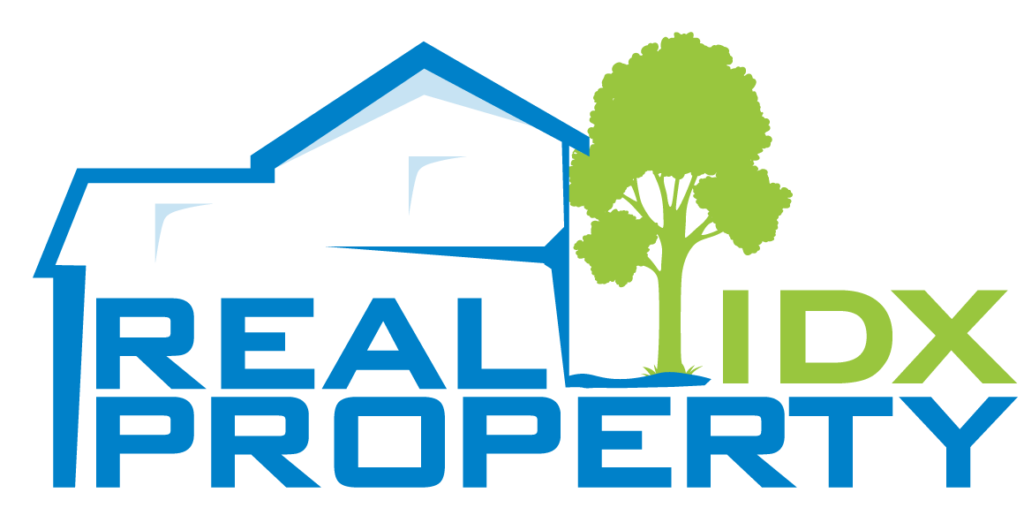The “best” real estate investment can vary depending on your goals, risk tolerance, financial situation, and market conditions. Here are several common strategies and considerations to help you determine what might be the best real estate investment for you:
1. Rental Properties:
- Long-Term Income: Purchasing residential or commercial properties to rent out can provide steady rental income.
- Appreciation: Properties may appreciate over time, increasing your equity and potential resale value.
- Management: Consider property management costs and responsibilities if you don’t want to manage tenants yourself.
2. Fix-and-Flip:
- Short-Term Gains: Buying properties below market value, renovating them, and selling at a profit can yield quick returns.
- Skills Required: Requires knowledge of renovation costs, market trends, and the ability to manage contractors.
3. Real Estate Investment Trusts (REITs):
- Diversification: Investing in publicly traded REITs offers diversification and liquidity.
- Passive Income: Earn dividends from rental income or property sales without directly owning or managing properties.
4. Real Estate Crowdfunding:
- Diversification: Pooling funds with other investors to invest in real estate projects.
- Access: Allows access to larger, potentially higher-yield investments with lower upfront capital requirements.
5. Commercial Real Estate:
- Higher Income Potential: Leasing office buildings, retail spaces, or warehouses can generate higher rental income compared to residential properties.
- Risk: Typically involves larger investments and longer lease terms, with potential for higher vacancy risks.
6. Vacation Rentals:
- Seasonal Income: Renting out properties in tourist destinations or through platforms like Airbnb can yield higher short-term rental income.
- Management: Requires active management and attention to seasonal demand fluctuations.
7. Real Estate Development:
- High Risk, High Reward: Involves purchasing land, obtaining permits, and building properties for sale or lease.
- Expertise: Requires knowledge of zoning laws, construction costs, and market demand.
Considerations:
- Market Analysis: Research local market trends, economic indicators, and growth forecasts.
- Risk Management: Assess risks such as vacancy rates, property maintenance costs, and interest rate fluctuations.
- Financial Planning: Evaluate financing options, cash flow projections, and tax implications.
Conclusion:
The best real estate investment for you depends on your financial goals, risk tolerance, and expertise. Diversifying your portfolio with a mix of strategies can help mitigate risks and maximize returns over the long term. It’s crucial to conduct thorough research, consult with experts if needed, and stay informed about market dynamics to make informed investment decisions.

